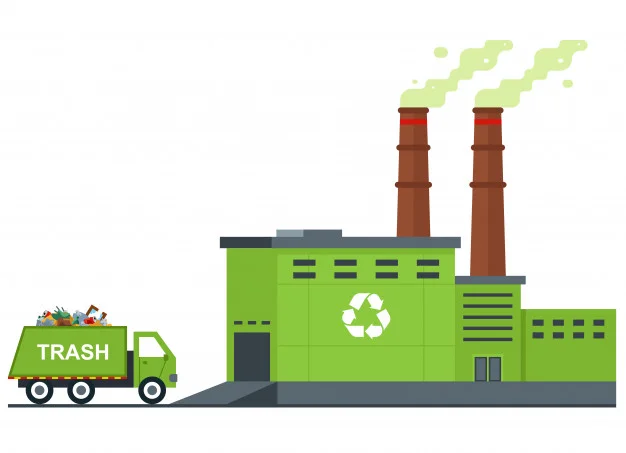
Blog
13th September 2020
Loop Industries is a technology, licensing company with a goal of accelerating the shift towards sustainable PET and polyester fibers. Loop owns the patent and proprietary rights for a technology that depolymerizes no and low-value PET plastic wastes and polyester fibers of any color, transparency, or grade, including the ocean plastics that have gone through the high-pressure conditions in the deep sea and have been degraded by the radiations of the sun as well as highly saline waters, to their monomers, Monoethylene Glycol (MEG) and Dimethyl Terephthalate (DMT). These monomers can be polymerized back into virgin quality plastics. Suez, on the other hand, is a multinational company headquartered in Paris, France with active participation in water, electricity, natural gas supply, and waste management operations. Suez is one company that isn’t hesitant in coming up with collaborations with other world-class companies of the likes of LyondenBasell. These two technologically advanced giants have come up with a strategic partnership in building the largest PET recycling plant by 2023, collaboratively.
With the resource management expertise of Suez and the patented technology that Loop has, the country for the site of this plant and its engineering is expected to be completed by mid of 2021. Most of the plastic and fiber produced today are a perfect example of a wasteful linear economy. With the day by day decrease of resource availability and simultaneous increase of pollution increase, a push for a faster shift to a circular economy is the pressing need. About USD 80-100 million worth plastic products produced from valuable fossil fuels are used only once before getting thrown away forever. Loop and Suez look forward to taking this opportunity and construct the largest PET recycling plant. The plastic produced through this technology, after usage, can undergo the same process, again, for an infinite number of times thus fetching these plastics the name, infinitely recyclable plastics. And each time, the produced plastics are of extremely good quality that they could be used in the food and packaging industry.
The capacity of the plant to produce the equivalent of approximately 4.2 billion food-grade beverage bottles, will make it the largest. This plant can also be accredited with 180,000 tons of lesser CO2 usage against the same amount of virgin plastic bottles produced through the traditional petrochemical means. These savings are equivalent to approximately 418,000 barrels of oil, according to Loop. It is to be noted that Loop’s low energy technology is one of the reasons for this fuel efficiency and that, in turn can be attributed to the low heat and no pressure method that they use in the depolymerizing stage. Loop also claims that Europe consumes about 5.5 million tons of PET annually but less than 7 percent of that only makes its way back into bottles.
“Suez has been involved for more than 10 years in mechanical plastic recycling while constantly investing in research and innovation,” Jean-Marc Boursier, Suez Group COO, speaks. “In 2019, we processed 450,000 tons of plastics across Europe and produced 150,000 tons of recycled plastics. Highly convinced by the complementarity between mechanical and chemical recycling solutions, we are thrilled to be part of this innovative project with Loop Industries as it will expand our offer and our solutions, improving the economic and environmental performance of our industrial customers but also contributing to a sustainable resource management.”
Loop’s founder and CEO Daniel Solomita say, “Expansion of our technology across Europe has always been of high strategic importance for Loop and our customers. We are beyond excited to be working with the excellent team at Suez, who bring a complementary skill-set to Loop’s team with their deep knowledge in resource management.”
He continues, “Europe is leading the charge against petroleum-based plastics: Through tougher regulations and taxes, they are setting a global example on transitioning to a more circular economy. The Infinite Loop technology creates the infrastructure countries need to be able to eliminate plastic waste and increase recycling rates. Loop’s expansion is tailored to our customers’ needs, allowing them to meet and exceed their ambitious targets for recycled content in their packaging but also to have the ability to recycle their packaging infinitely, without having to compromise quality.”
This sustainable solution for plastic waste management could end numerous problems related to plastic waste disposal, a growing shortage of conventional fuel sources, increasing carbon footprint, and other environmental concerns, though PET plastics are the ones to be focused on, initially. Loop’s and Suez’s this project would not only help in revenue production but at the same time force people to recycle PET plastics, first in the immediate surroundings of the plant location and eventually over other places in Europe, at least.